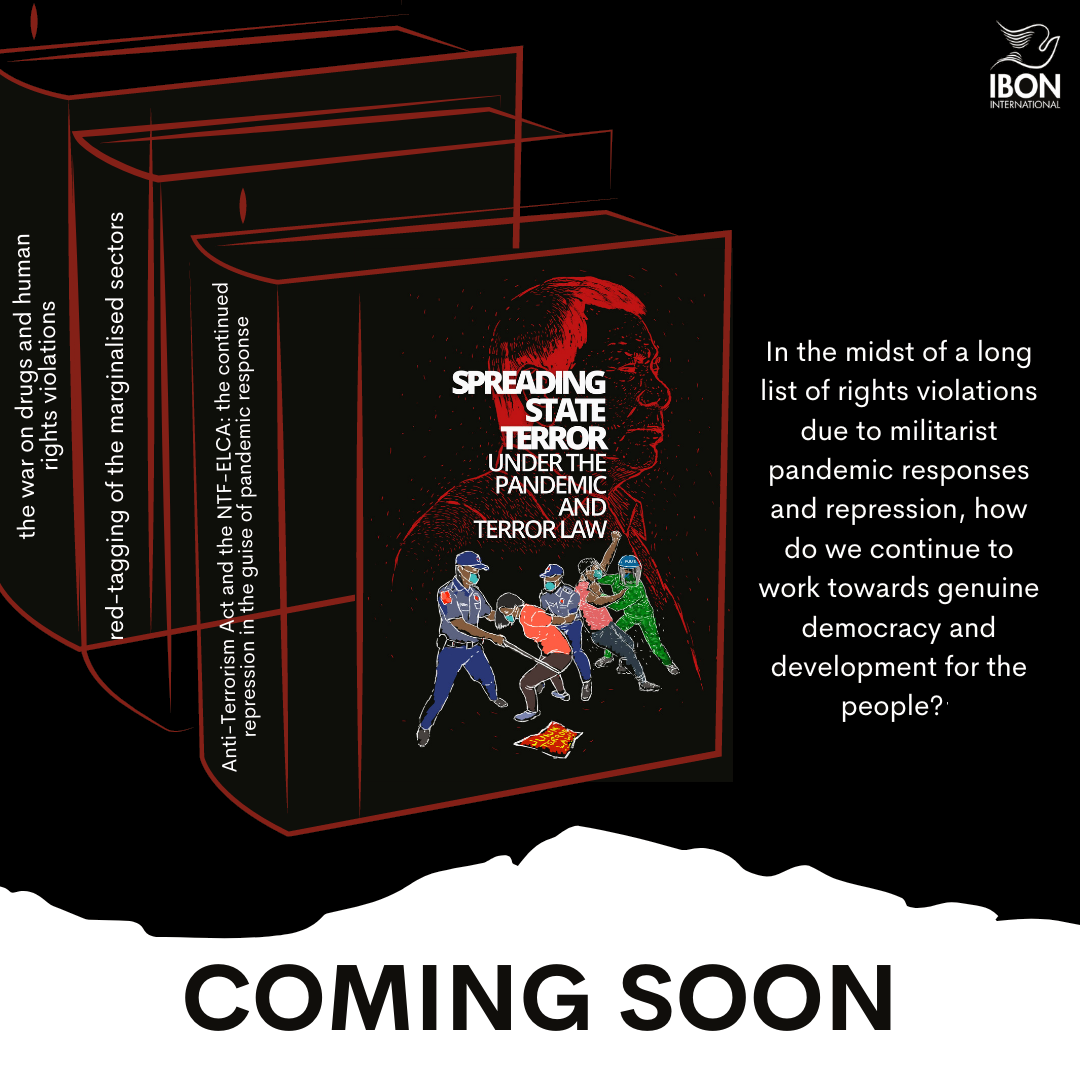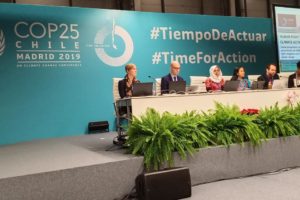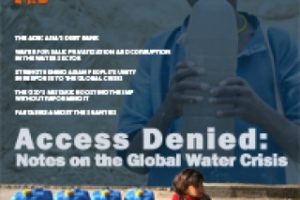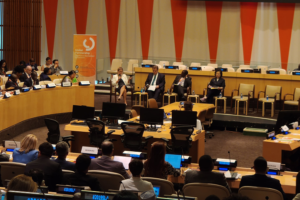The Duterte administration, with its international notoriety for the false “drug war” and the attacks on critics, has exploited the COVID-19 pandemic since March 2020 to consolidate authoritarian rule.
The militarist pandemic lockdowns did not address the health emergency, and have only resulted to unwarranted restrictions on expression, and to rights violations—from killings, to arrests of civilians and even relief workers. An intensified wave of “red-tagging” has been attacking the work and lives of advocates for the rights of workers, peasants, women, LGBTQ+, Indigenous Peoples, and the urban poor, among others. This is even worsened by the Anti-Terror Act and its overbroad definition of “terrorism,” which could include advocacy work, workers’ strikes, and art perceived to be “threats.”
In this context, it is important to comprehensively discuss the implications on the work for democratic rights, people-centred development, and social justice; establish the clear lines of accountability to institutions and officials responsible for the dire rights situation; and produce a critical evidence base of case stories and critiques that could contribute to efforts to exact accountability and justice.
This book aims to discuss the current wave of cases of rights violations under the militarist pandemic responses and the “Anti-Terror” Act of 2020, and the effects on the work for genuine democracy and development and document organisations’ and sectors’ demands, resistance, and efforts for accountability.###




